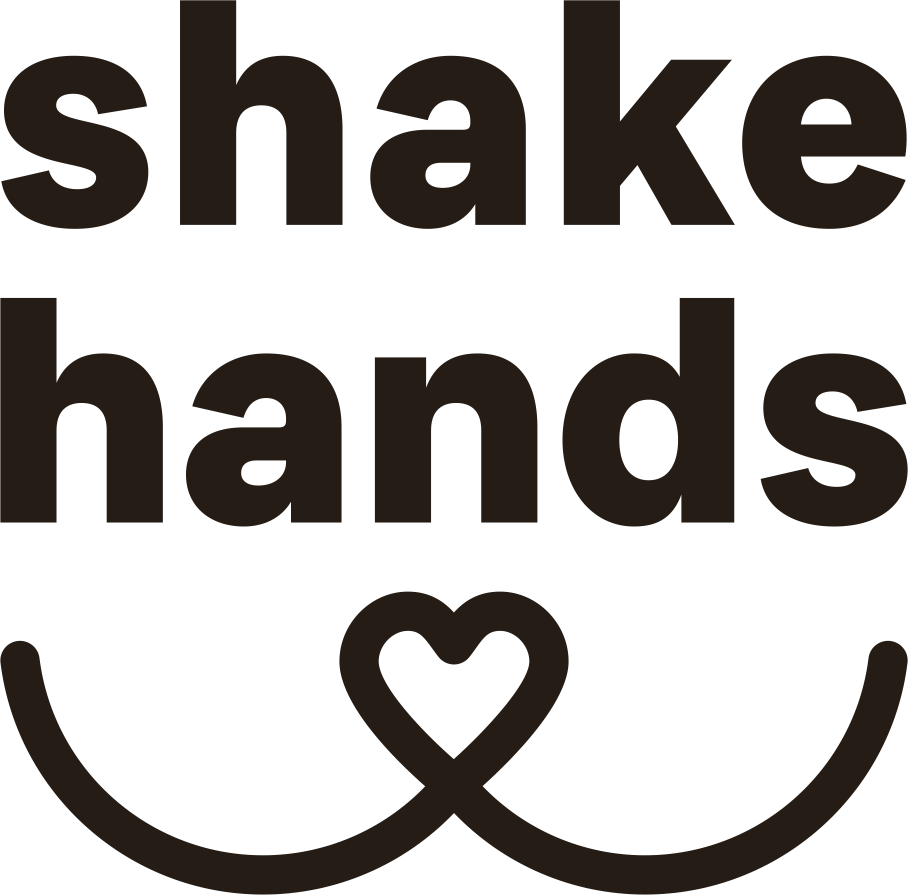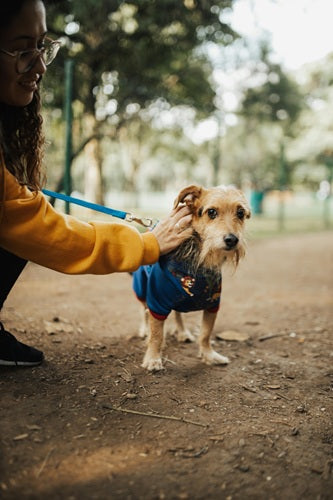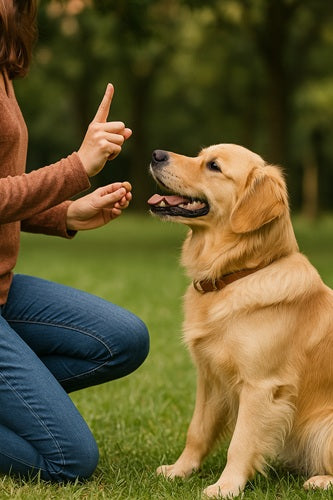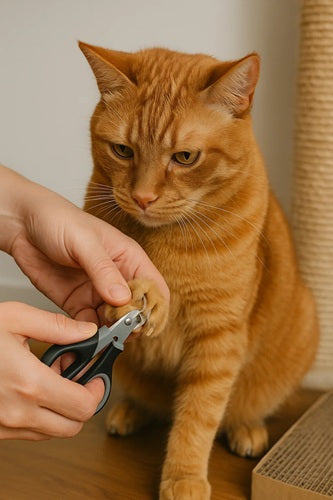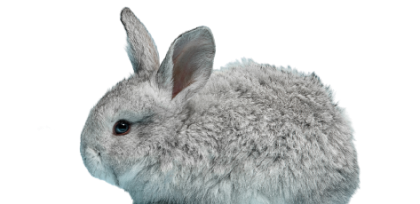What you should (and should not) feed your cat
Eating right plays a critical role in our overall health and wellbeing. The same applies to a cat. Providing your cat with proper nutrition is essential in helping to avoid several potential diseases. Structuring a healthy diet will keep your feline fit, feisty, and well-nourished. Let’s explore ways in which you can structure your cat’s diet to ensure she stays strong and healthy.
How to Take Care of Your Cat's Diet?
Taking care of your feline’s diet includes what to feed her, how often and how much to feed to ensure a proper balance. Let us understand step by step all the crucial details you would have to implement for a well-established diet.
Type of food to provide
The most important factor when ensuring a proper diet is what food you provide. To be more precise, there are several types of food which are acceptable to provide to your feline. Some of them are -
-
Meat
Cats are meat eaters, plain and simple. The protein in the meat helps to maintain a strong heart, good vision, and a healthy reproductive system. Just as we dont consume meat raw, similarly ensure that cats are not given raw meat.
-
Whole Grain Food
Oats, brown rice, barley, wheat berries, etc are recommended whole grain foods. Smaller grains like millet and couscous are also appreciated by some cats. Ensure that the grains are cooked well to aid the cat’s digestion.
-
Fish
Fish has omega-3 fatty acids, which help your cat's eyes stay sharp. Omega-3 also helps with arthritis, kidney disease and heart disorders. Canned or cooked fish is a good choice for cats. Fish can be fed occasionally but is not recommended as a daily diet.
-
Eggs
Eggs are full of nutrients, like amino acids, which are the building blocks to protein, and they're also highly digestible. It is advisable to cook the eggs before feeding the cats, don’t feed raw eggs.
-
Veggies
While it is not necessary to provide your cat vegetables as they won’t benefit much from them, you can provide veggies occasionally as it helps with bowel movements and makes digestion easy.
-
Canned Food
Canned foods for cats are often higher in protein and lower in carbohydrates. In a wet form, canned food is easily digestible for cats.
-
Milk for Kittens
The only milk that is healthy for kittens to drink is either their mother's, or a kitten milk replacer, which is also known as KMR or Kitten Milk Formula. They need it for the first four to five weeks of birth.
Amount and Frequency of Feeding
The amount of food your cat needs will depend on her weight, size, age and activity level. Although a pudgy cat may look cute and fluffy, being obese can shorten her lifespan.
Kittens, adult cats and senior cats have different levels of food intake capacity:
• A growing kitten may require three meals a day.
• An adult or senior cat requires at least two meals a day.
• A vet will be able to help you determine the amount and frequency of meals based on your cat’s body conditions.
Do not overfeed your cat and don’t provide large amounts of food at once, the recommended calorie requirements for cats is between 24-35 calories per pound daily. You can feed small, frequent meals throughout the day. Ensure that your kitty has fresh, clean water at all times.
Foods to Avoid
When it comes to your cat, you should ensure that she only gets the best. There are some foods that you absolutely must not feed to your cat because they are harmful to them. From time to time, you may want to give in to your cat’s desire to eat human food but bear in mind that not all human food is considered safe for your cat’s health. Let’s learn what some of these harmful foods are:
-
Chocolates and Caffeinated Drinks
Chocolate, though enjoyed by humans, is quite toxic to cats and dogs. Chocolate contains substances called methylxanthines, which can give rise to vomiting and diarrhea, high body temperature, muscle tremors, abnormal heart rhythm, abdominal discomfort, increased thirst, and seizures. Methylxanthines are also found in caffeinated drinks and should be avoided at all costs. Visit your vet immediately if your cat displays any of the given symptoms, especially after consuming the mentioned food and beverages.
-
Alcohol
Alcoholic beverages and foods that contain alcohol can be dangerous for your cat. Ingestion can cause vomiting, diarrhea, tremors, disorientation, trouble breathing, coma, and even death. Additionally, vanilla extract and rye bread also contain small amounts of alcohol. No matter how insignificant the amount of alcohol is in these foods, as a caution, you should avoid feeding it to your cat.
-
Milk and Dairy Products
Cow milk and products made from cow milk are not something that should be provided to cats even if they enjoy it because it is not necessarily good for their digestive system and overall health. Cats are unable to digest the lactose present in the milk after being weaned. It causes them to have an upset stomach or even diarrhea.
These are some of the foods that should be avoided and if by chance your cat has consumed some food she shouldn’t have, take her to the vet immediately. While some human food may only cause discomfort, others can be very dangerous for your cat.
Conclusion
There are many illnesses that can be prevented by following good eating habits. Therefore, be sure to steer towards a balanced and healthy diet plan to maintain and nurture your feline’s good health.
